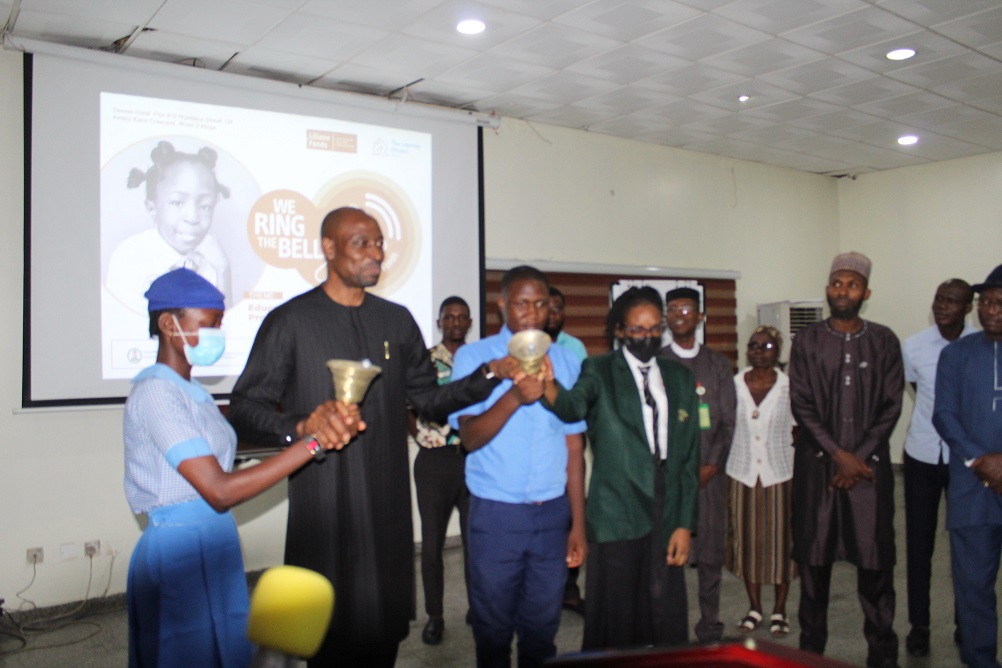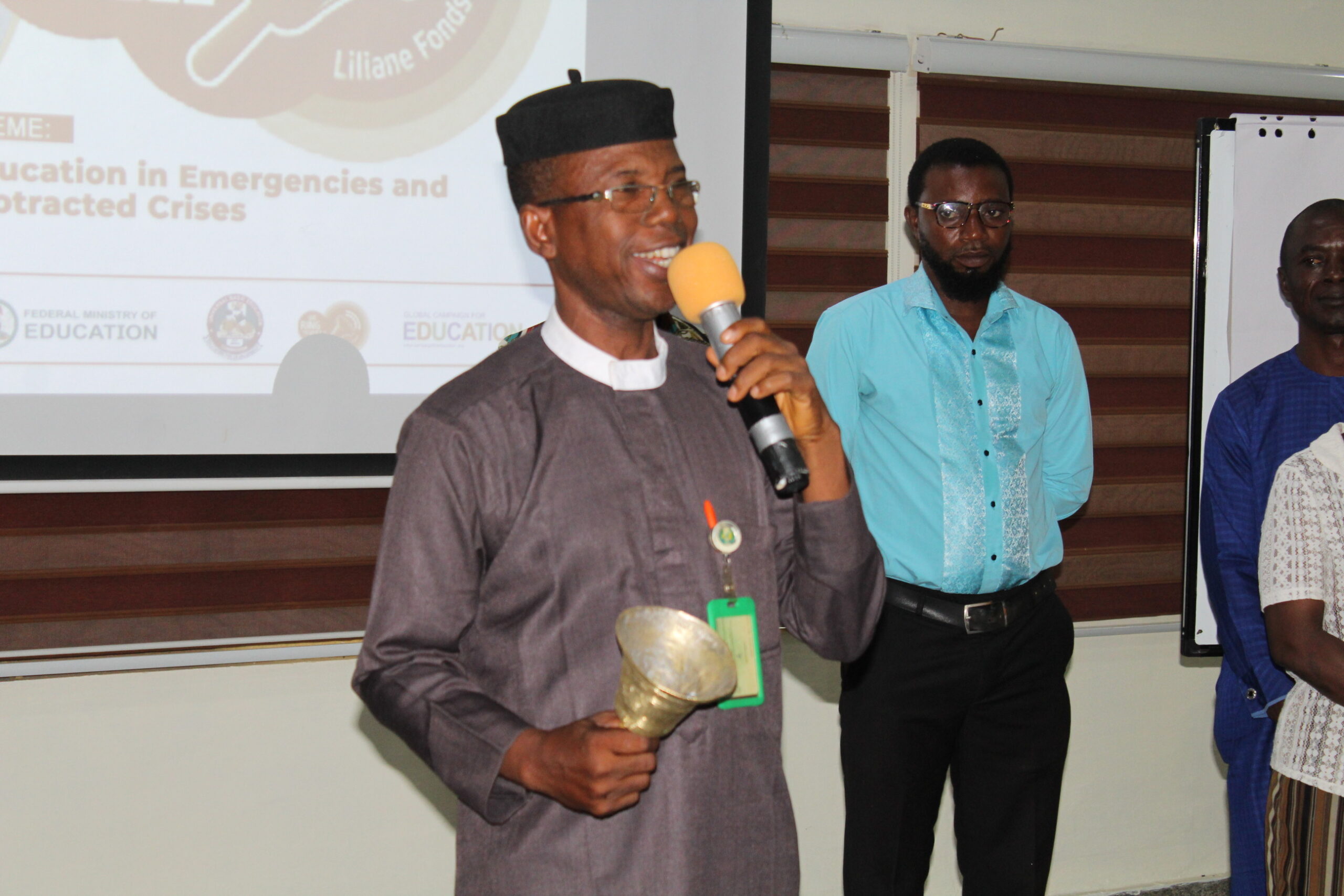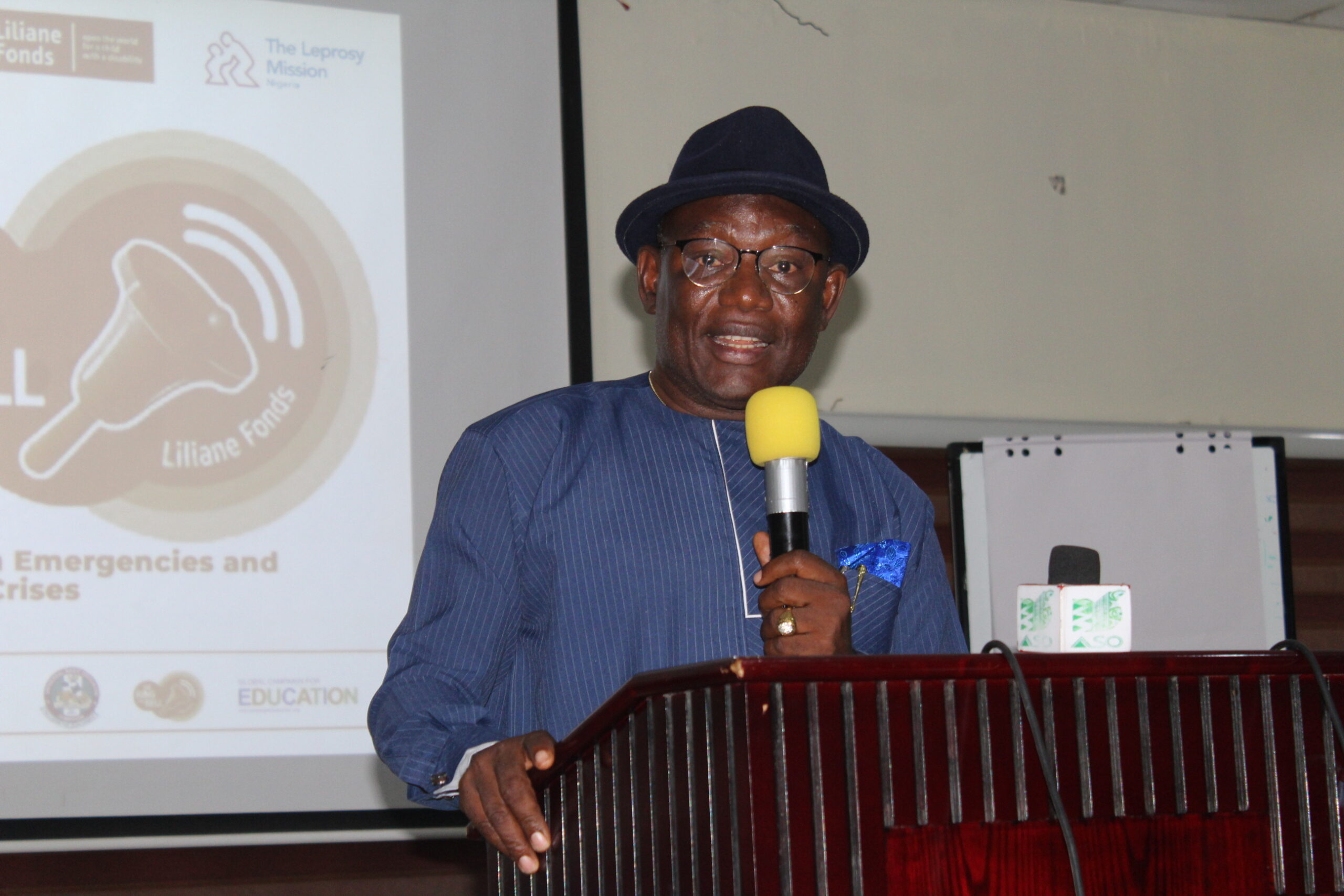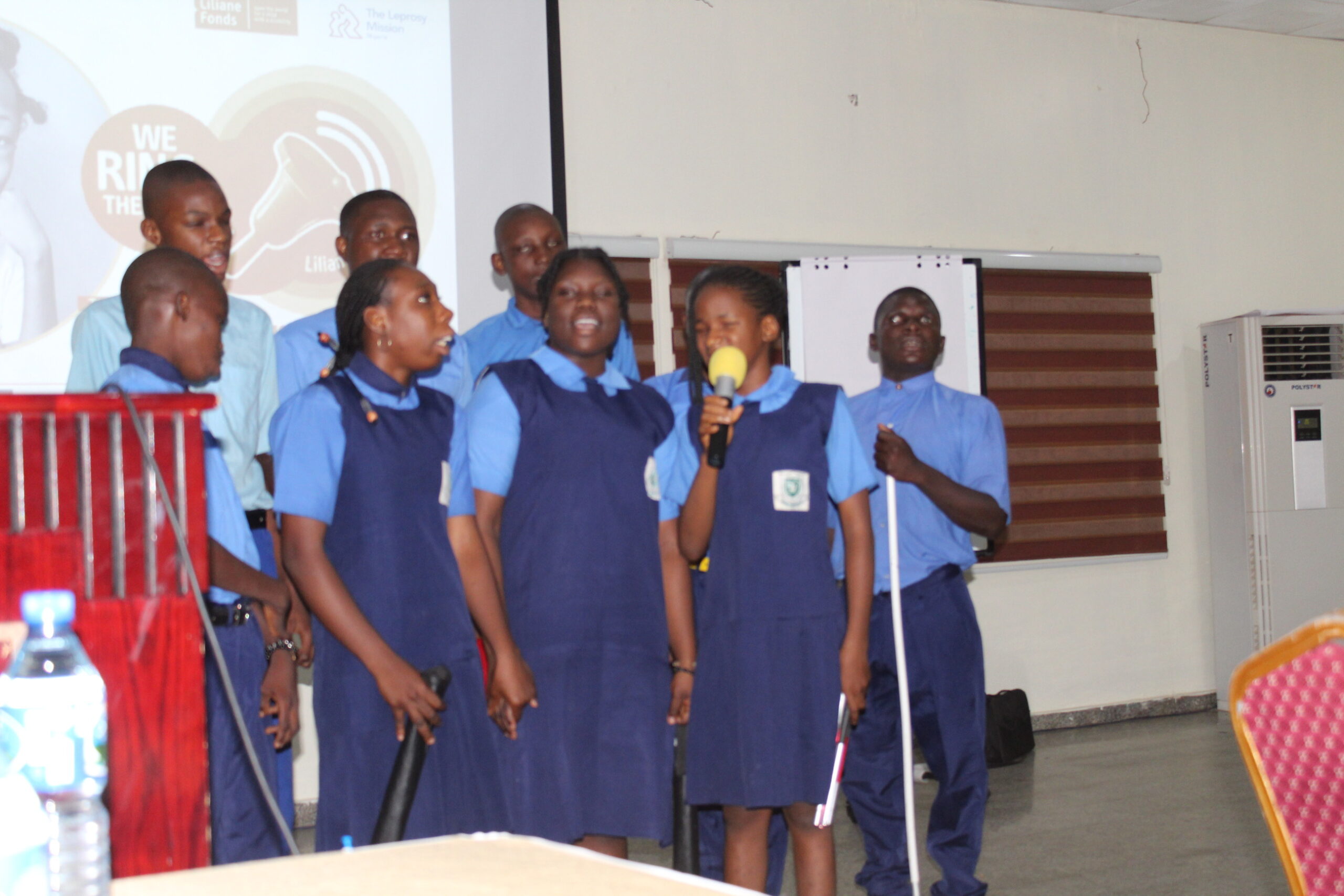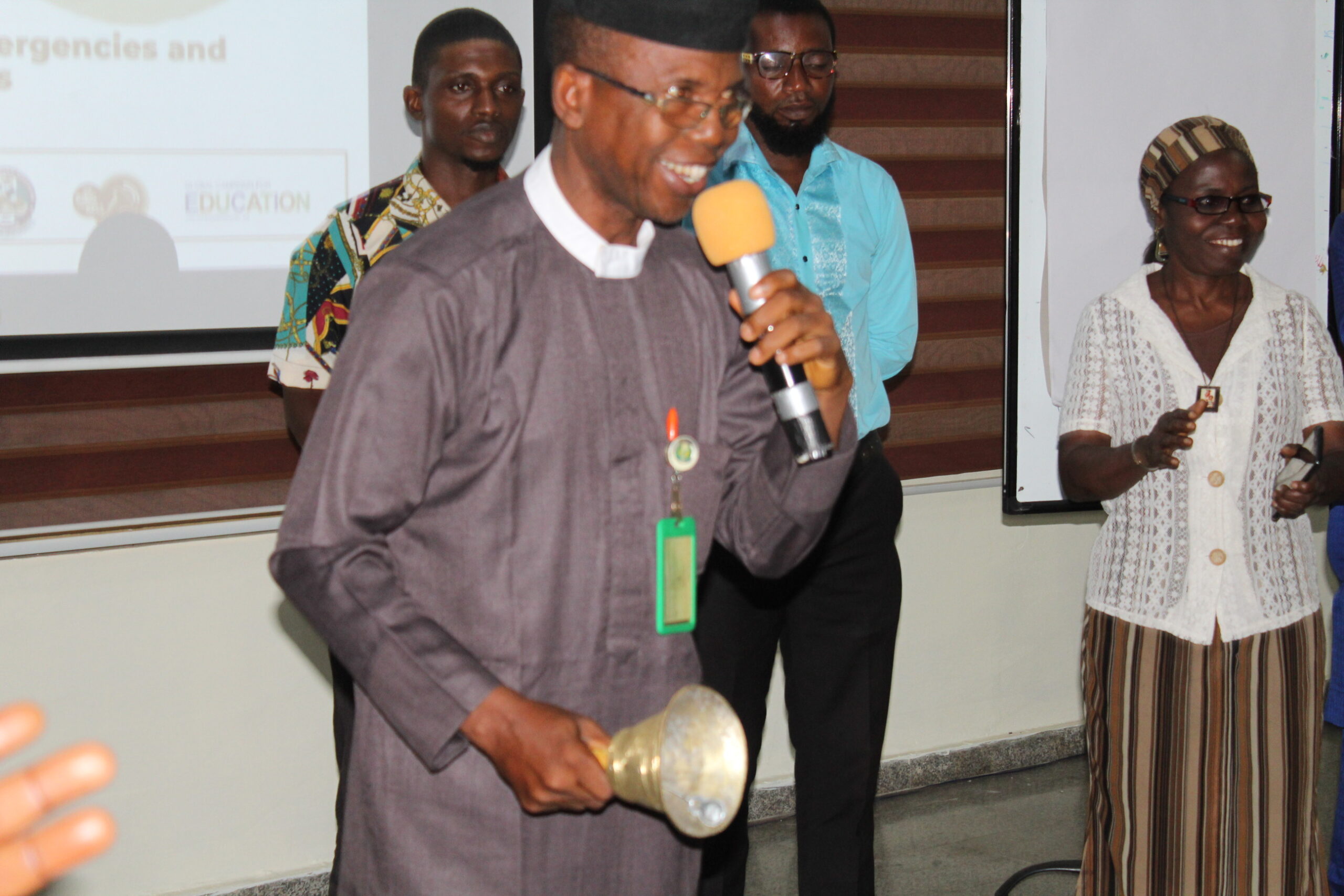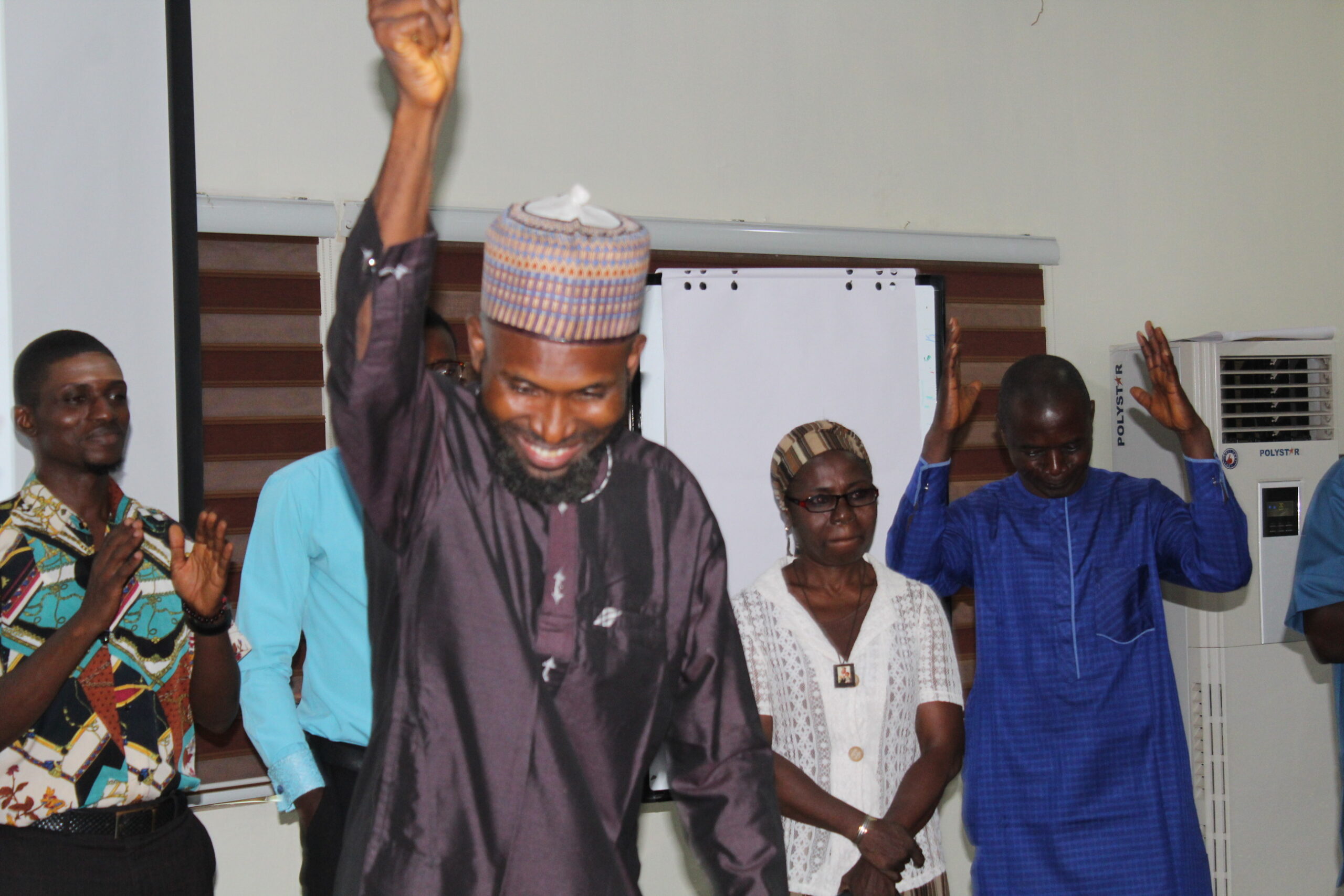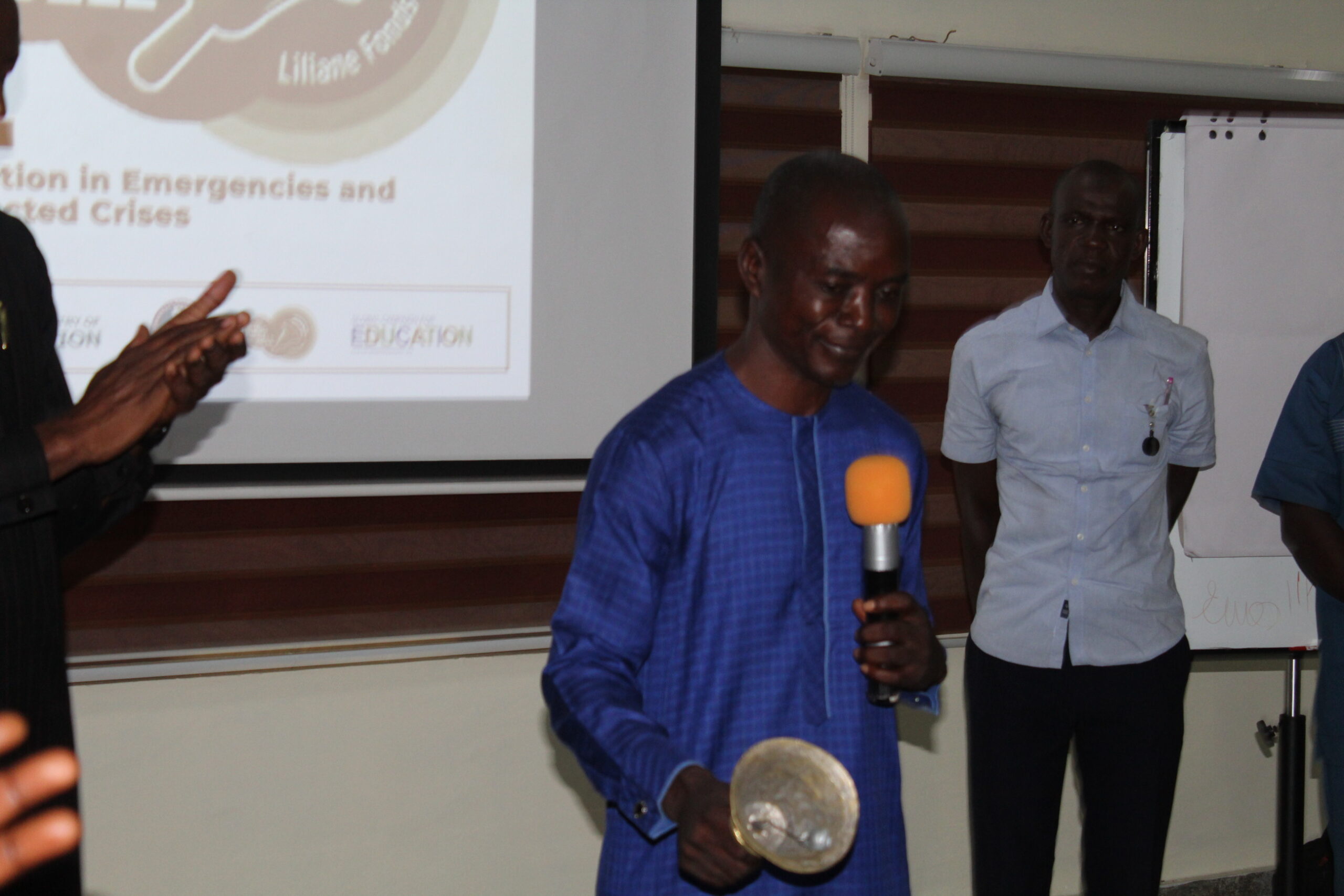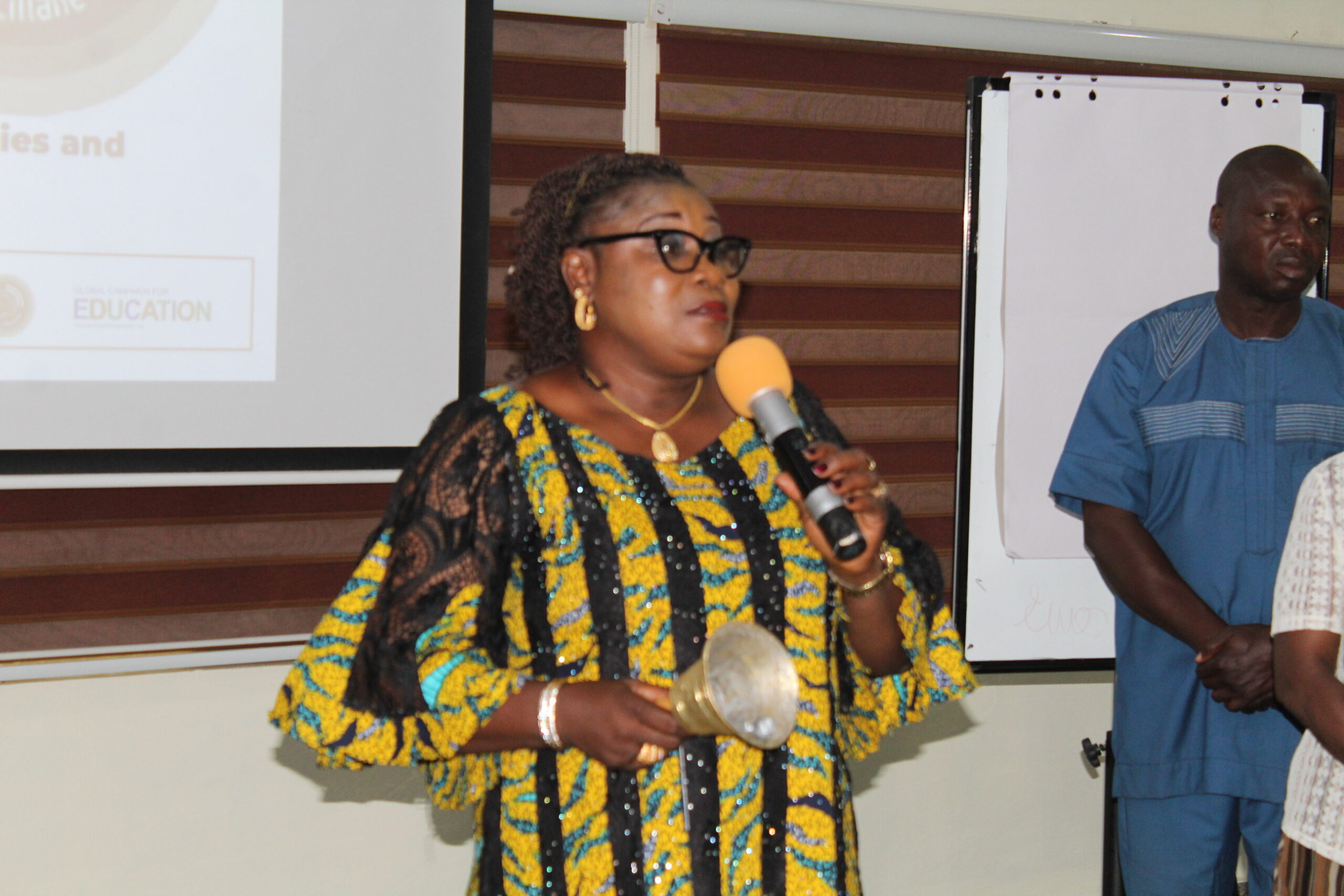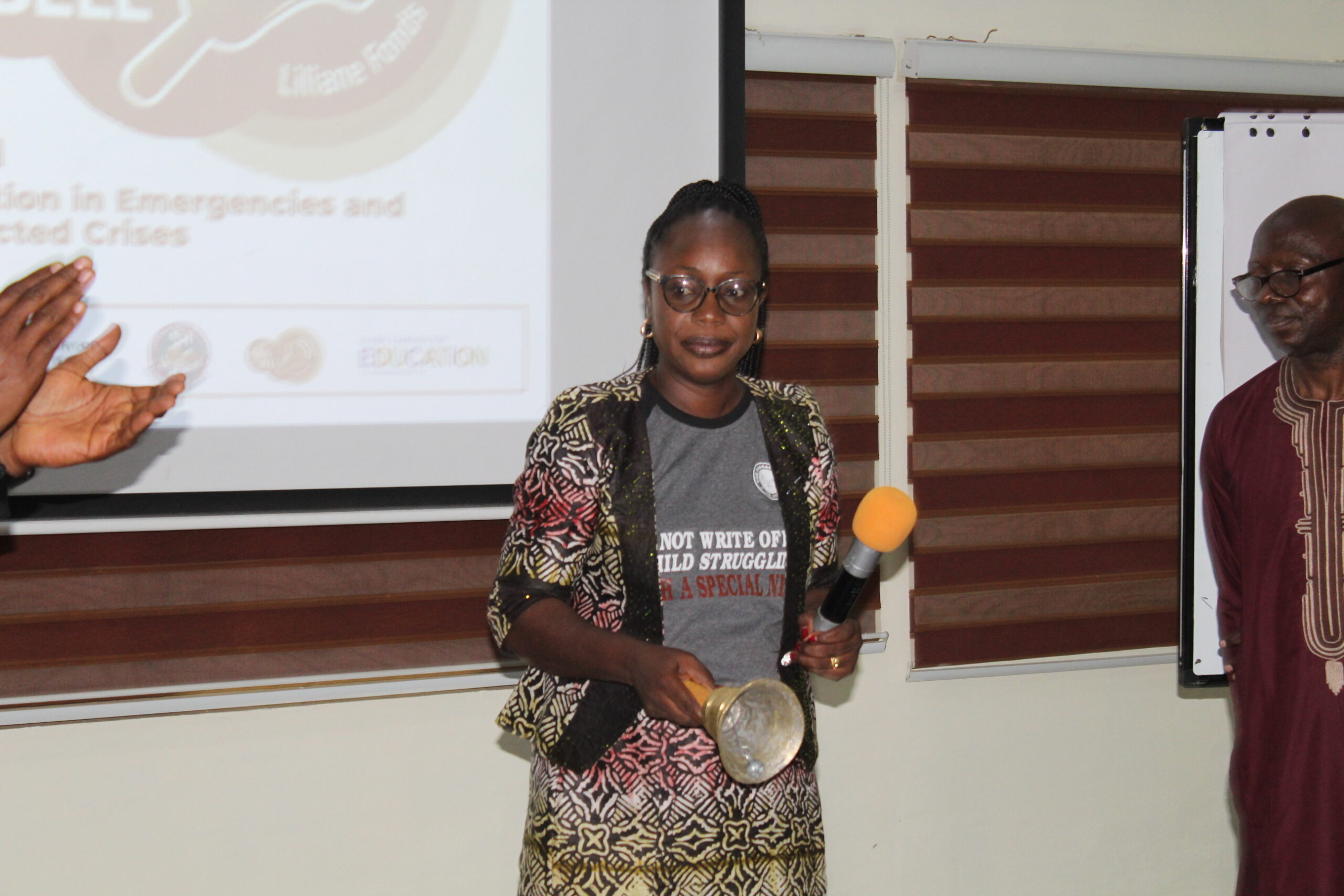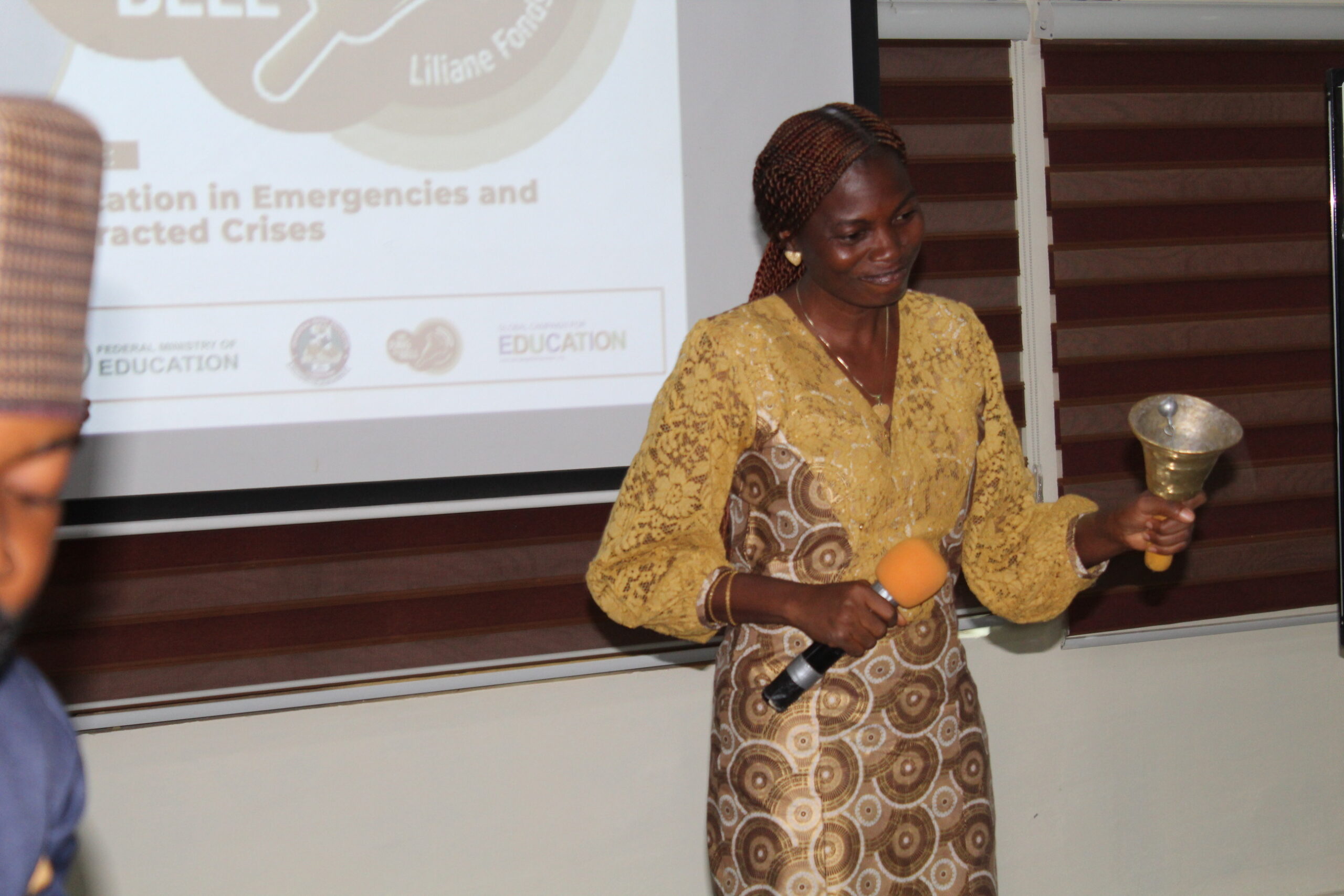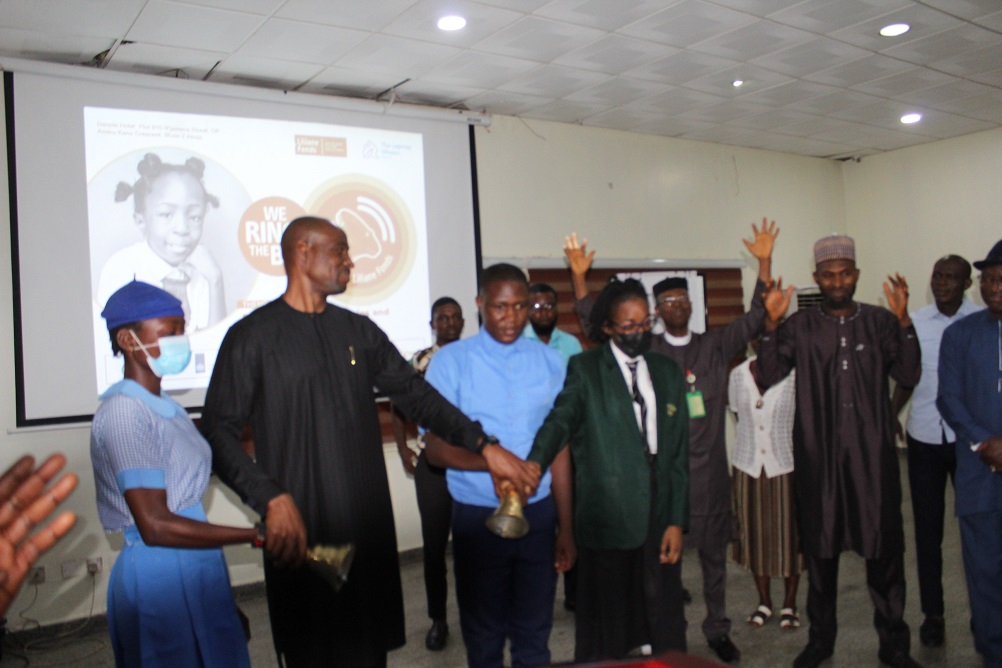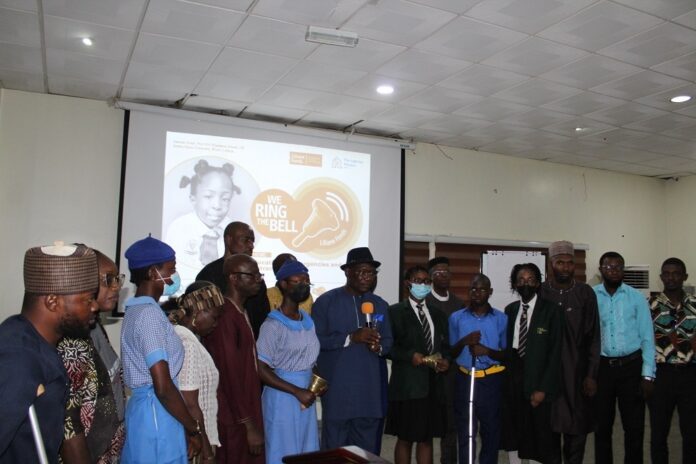The Leprosy Mission Nigeria (TLMN) has called for stakeholders commitment towards implementation of National Policy on Inclusive Education to enhance integration of children with disabilities into regular schools which will help to curb all forms of discrimination against them.
Mr. Pius Ogbu, The head, Programmes at TLMN, who represented the National Director, TLMN, Dr Sunday Udo, made this call on Thursday, in Abuja during the Liliane Fonds annual advocacy Campaign on Inclusive Education known as “We Ring a Bell”.
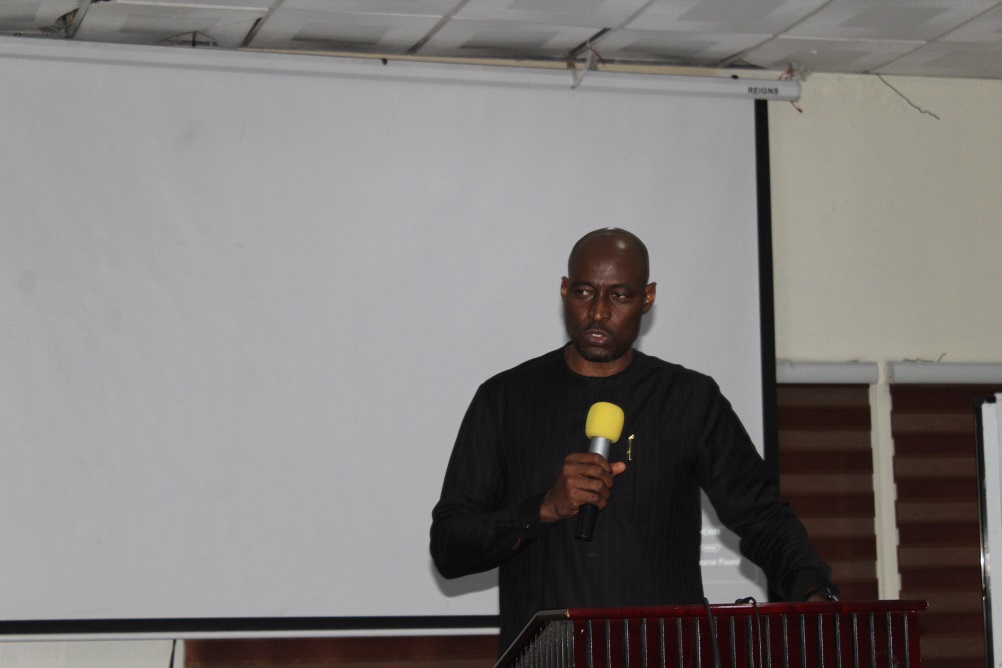
He said that TLMN is carrying out the event annually as a Strategic Partner Organisation(SPO) of Liliane Foundation because Liliane Fonds focuses on children with disabilities from 0 to 25 years and education of children with disabilities is part of their core mandate which made “WE RING THE BELL” an activity that is being performed by all Strategic Partners of Liliane Fonds across the globe.
Speaking further, he reiterated the importance of education in the lives of children with disabilities and urged government and other relevant stakeholders to intensify effort towards the implementation of Inclusive Education policy which will guarantee access to quality education for children with disabilities.
Mr. Pius said that all the learning materials and other facilities within the school should be accessible for all forms of children with disabilities and they should learn in the same school.
“There would be special training for teachers to understand how to handle children with disabilities in the same classrooms with their counterparts without disabilities”.
He proposed that every school should be made accessible so that it will also cater for the needs of children with disabilities in each community.
He stated that the only exceptional is children with special intellectual disability who will require specialized way of teaching but they should be in the same school environment with blind children, Deaf Children and Children with physical Disabilities.
He reaffirmed TLMN’s commitment towards Inclusive Education and pledged to work with other relevant stakeholders to ensure the implementation of Inclusive Education Policy.
The slogan “we ring the bell” is to elicit hope from the parents of these children and to elicit Committee from the duty bearers as well as getting the support of the civil society groups.
Mr. Pius in ringing the bell made the following statements:
“These children have rights, these children have opportunities and we are using this as a means to say bring these children out, you have a helping hand, an organisation that is willing to stand by you”.
“Secondly, we are saying to the government that you have a responsibility to ensure that once you have made a commitment, it must be followed through with actions, with the implementation of the necessary frameworks”
“Thirdly, for the children, we are saying to them that this We ring the Bell, your voices are being heard. “We might have ignored you for too long but as we ring the bell today, and as you ring the bell yourselves, we the adults are listening to you and we are making a commitment to say we will leave no one behind,
”After these affirmations, he rang the bell with the support of the school children who should be the ones ringing the bell calling for the commitment of the stakeholders.
Mr. Lawrence Idemudia, acting Director, Social Integration, National Commission for Persons With Disabilities (NCPWD) representing The Executive Secretary, NCPWD, Mr. James Lalu, called on stakeholders to commit themselves towards improving education of children with disabilities.
He stated that the Commission is still young but a lot is being done to enhance the education of persons with disabilities. He also said that the Commission is working to get the states to adopt Disability laws and policies. He cited example that the Disability laws have not more than 13states that have domesticated it.
He informed that the Commission have plans to establish offices in the Six geopolitical zones to get the services and activities of the Commission closer to PWDs in the rural communities.
“As we ring the bell today, we will further commit ourselves towards addressing issues of access to education by persons with disabilities”.
He urged stakeholders to always ask PWDs what they want and involve them in the process.
Mr Aturu Jonah, Director, FCT Department of Special Needs Education who also represented the Secretary of Education Secretariat, Federal Capital Territory Administration (FCTA) in his goodwill message said that the FCT Education Secretariat had taken conscious efforts to implement policies on inclusive education and soon, the Minister of FCT will endorse the policy because the policy is now receiving the ministerial attention. He stated that FCT is most inclined to providing education for all with no exceptions.
“We are working to address the gaps that were noticeable in the inclusive education sector, particularly for learners at all levels”.
“Inclusive education is a system of education that allows children irrespective of their disability status to learn together under the same roof in the same learning environment.
“Paying attention to their peculiarities and meeting the specific targets and objectives for the education programmes.
“FCT is taking the bold step in providing the needed policy that will guide inclusive education delivery.
“And, ensuring that the talents of all our children no matter their status is harnesses and they gain the opportunity to excel to whatever level they desire without any hindrance.
“We all know that the neurologically divergent disabilities cannot easily shuttle between their homes and their schools. For this reason, a special residential school established in Kuje.
“The school for special needs addressees needs of these children in other to reduce the stress of their commuting between their residence and the school.
“However, we intend that in every nooks and crannies of FCT, wherever any child with disability resides, there is an opportunity for them to acquire education,” Jonah added.
Jonah commended TLMN for championing the campaign as he called for consorted efforts of developing partners and the government to address the challenges of children with disabilities.
Mr. Abel Aisnedion, Director, Special Needs Education, Federal Ministry of Education in his speech described Inclusive Education as school for all where all barriers would be removed. He also said that education is free for every child including children with disabilities.
He informed the National Policy on Inclusive Education is a policy of the Federal Ministry of Education and because education is in the concurrent list, the ministry can only encourage the States to develop inclusive education policy and monitor the implementation process.
He also informed that the Ministry has developed a training manual on Inclusive education which was distributed to the States Education Commissioners and he lamented lack of funding as one of the challenge the implementation of Inclusive Education Policy is facing.
He charged everyone to talk about Inclusive education everywhere, churches, mosques, and in every social gathering so that people will be aware of the policy and make effort towards the success of the policy.
TQM reports that the stakeholders rang the bell and the event after deliberation of the impact and challenges of COVID-19 on Children with disabilities, stakeholders made recommendation of some good practices to mitigate the challenges such as poverty, lack of inclusive format on the online learning, lack of access to healthcare, high cost of service delivery, and many more. Some of the good practices suggested are: Adoption of Open Distance Learning Program, Implementation of the existing special needs education policy and review of the policy, Review of the existing school curriculum, monitoring of disability experts in special needs schools, Intensify Advocacy on disability policies and laws, Internal capacity building of teachers on Inclusive education, Early Childhood Intervention, Inclusion of Parents of Children with disabilities of Post-COVID Social Protection Programme, Funding through scholarship and provision of inclusive learning materials.
